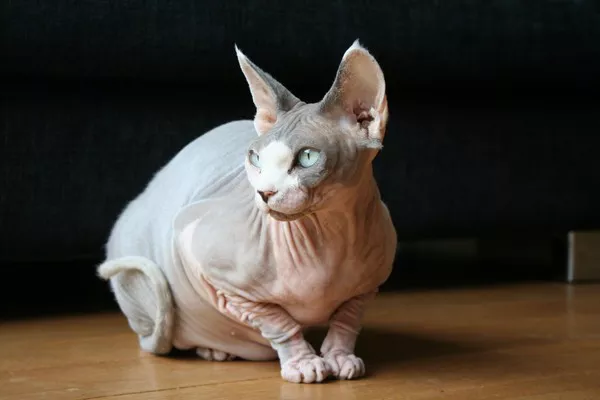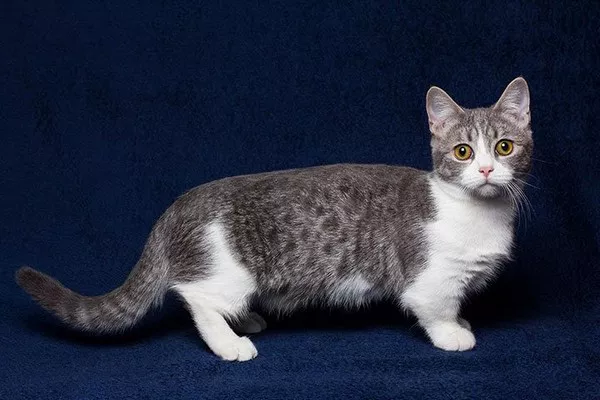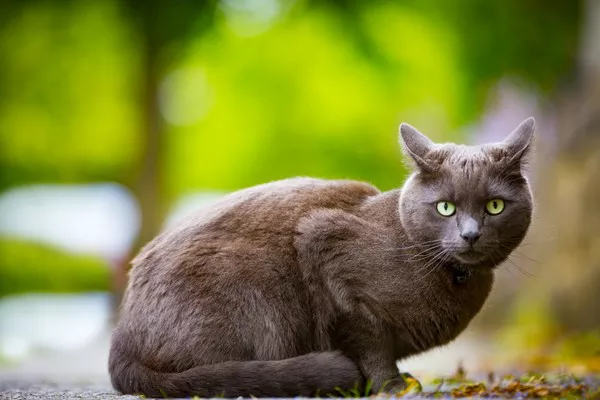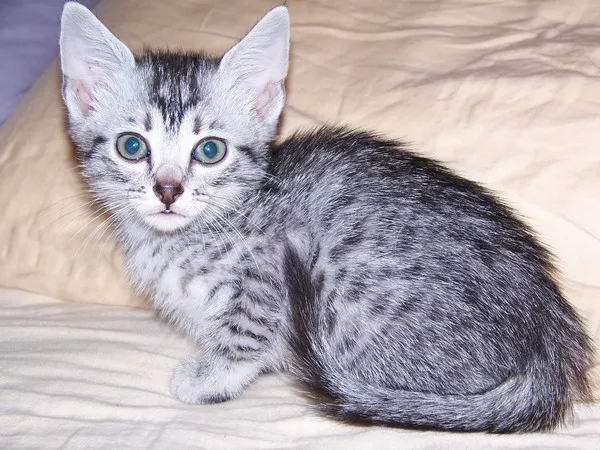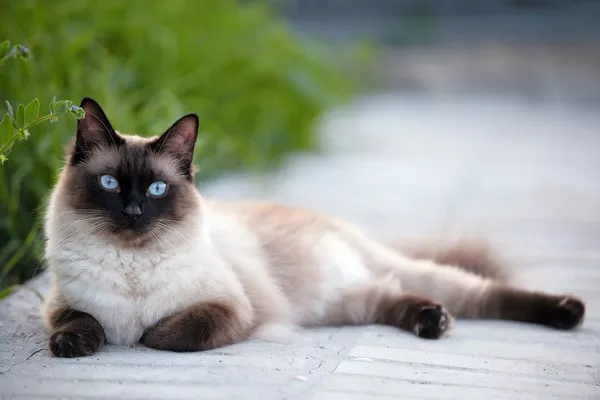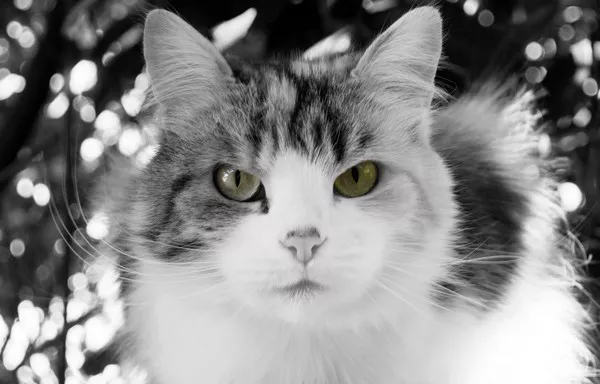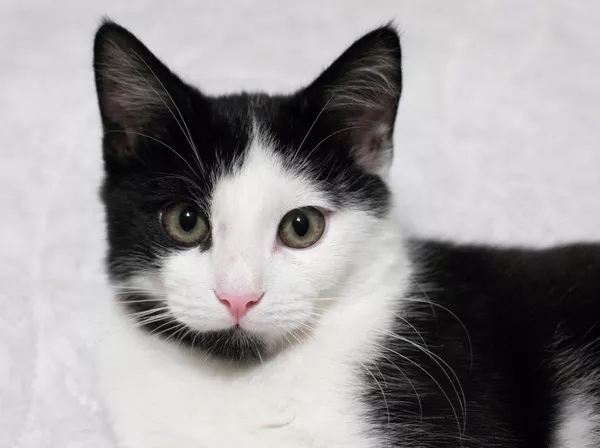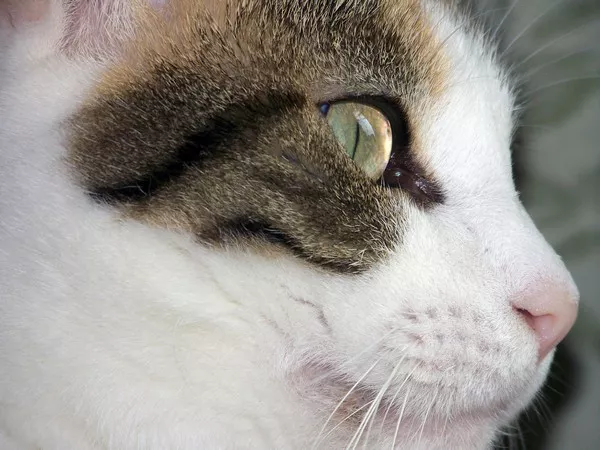Sphynx cats are a unique and captivating breed known for their hairless bodies, large ears, and wrinkled skin. Despite their lack of fur, they require special care to ensure their health and happiness. This article provides a comprehensive guide on how to properly care for a Sphynx cat, covering aspects from grooming and diet to health and environment.
Understanding the Sphynx Cat
Before delving into the specifics of care, it’s important to understand the characteristics of Sphynx cats. Originating in Canada in the 1960s, the Sphynx is a relatively new breed. Their hairlessness is due to a genetic mutation, which requires owners to take extra steps in their care routines. Sphynx cats are known for being affectionate, playful, and intelligent, making them wonderful companions.
Grooming Your Sphynx Cat
Regular Bathing
Unlike other cats, Sphynx cats need regular baths to maintain their skin health. Their lack of fur means they accumulate oil and sweat on their skin, which can lead to skin issues if not managed. Here’s how to properly bathe your Sphynx:
Frequency: Bathe your Sphynx cat once a week.
Preparation: Use a gentle, hypoallergenic cat shampoo and warm water. Ensure all bathing supplies are ready before starting.
Bathing Process: Gently place your cat in the water, ensuring it’s not too deep. Apply the shampoo, lather gently, and rinse thoroughly to remove all soap residue.
Drying: Use a soft towel to pat your cat dry. Avoid using a hairdryer as it can be too harsh on their skin.
Skin Care
Due to their hairlessness, Sphynx cats are prone to skin problems. Regular skin checks and proper care are essential:
Moisturizing: Apply a pet-safe moisturizer if your cat’s skin appears dry.
Sun Protection: Limit sun exposure to prevent sunburn. Consider using pet-safe sunscreen if your cat spends time outdoors.
Ear Cleaning
Sphynx cats have large, open ears that can accumulate dirt and wax. Clean their ears weekly to prevent infections:
Use a gentle ear cleaner: Choose a product specifically designed for cats.
Application: Apply the cleaner to a cotton ball or soft cloth and gently wipe the inside of the ears. Avoid using cotton swabs, which can damage the ear canal.
See Also: Do Ragdolls Need Baths?
Nail Trimming
Regular nail trimming is necessary to prevent overgrowth and injury:
Frequency: Trim your cat’s nails every two weeks.
Tools: Use cat nail clippers and ensure you only trim the sharp tips to avoid cutting the quick.
Feeding Your Sphynx Cat
Balanced Diet
A balanced diet is crucial for maintaining the health and energy levels of a Sphynx cat:
High-Quality Cat Food: Choose a high-quality cat food that provides all essential nutrients. Look for brands with real meat as the first ingredient.
Protein and Fat: Ensure the diet is high in protein and healthy fats to support their active lifestyle and unique metabolic needs.
Hydration: Provide fresh water at all times. Some Sphynx cats enjoy drinking from fountains, which can encourage better hydration.
Feeding Schedule
Establish a consistent feeding schedule to maintain your cat’s digestive health:
Meal Frequency: Feed your Sphynx cat two to three times a day.
Portion Control: Monitor portions to prevent overfeeding and obesity.
Follow the feeding guidelines on the cat food packaging and adjust as needed based on your cat’s weight and activity level.
Health Care for Sphynx Cats
Regular Vet Visits
Regular veterinary visits are essential for monitoring your cat’s health and addressing any issues early:
Check-Ups: Schedule vet visits at least once a year for a thorough health check.
Vaccinations: Keep up with recommended vaccinations to protect your cat from common feline diseases.
Dental Care: Dental health is vital; consider annual dental cleanings to prevent tooth and gum issues.
Common Health Issues
Sphynx cats can be prone to certain health issues:
Skin Conditions: Monitor for rashes, infections, and oil buildup. Regular bathing and skin care can prevent many issues.
Heart Disease: Sphynx cats are at risk for hypertrophic cardiomyopathy (HCM). Regular cardiac check-ups can help detect and manage this condition.
Respiratory Issues: Their large ears and lack of fur can make them more susceptible to respiratory problems. Ensure they live in a clean, dust-free environment.
Creating a Comfortable Environment
Warmth and Comfort
Sphynx cats lack the insulating fur that keeps other cats warm, so it’s important to provide a warm and comfortable environment:
Temperature Control: Keep your home at a comfortable temperature. Sphynx cats can get cold easily, so consider providing heated beds or blankets.
Clothing: Some Sphynx cats tolerate wearing clothes to stay warm. Choose soft, well-fitting garments made from natural fabrics to avoid skin irritation.
Safe and Stimulating Space
Provide a safe and stimulating environment to keep your Sphynx cat happy and healthy:
Scratching Posts: Offer scratching posts and pads to satisfy their natural scratching instincts and protect your furniture.
Toys and Enrichment: Provide a variety of toys and interactive play to keep your cat mentally and physically stimulated.
Cat Trees and Perches: Sphynx cats enjoy climbing and observing their surroundings. Cat trees and perches offer great opportunities for exercise and exploration.
Social Interaction and Mental Health
Affection and Attention
Sphynx cats are known for their affectionate and social nature. Regular interaction and bonding time are essential:
Playtime: Engage in daily play sessions to provide exercise and mental stimulation.
Cuddling: Sphynx cats love to cuddle. Spend quality time with your cat to strengthen your bond.
Socialization: Introduce your Sphynx to different people and environments to ensure they are well-socialized and confident.
Alone Time
While Sphynx cats enjoy company, they also need some alone time:
Safe Spaces: Provide cozy hiding spots where your cat can retreat when they need solitude.
Balanced Attention: Ensure a balance between social interaction and alone time to prevent stress and anxiety.
Traveling with Your Sphynx Cat
Preparation
Traveling with a Sphynx cat requires careful preparation to ensure their comfort and safety:
Carrier: Use a well-ventilated and secure carrier for travel. Familiarize your cat with the carrier beforehand.
Essentials: Pack essential items like food, water, litter, and a blanket or toy that smells like home.
During the Journey
Ensure a smooth journey by following these tips:
Comfort: Keep the carrier comfortable with soft bedding. Cover the carrier with a light blanket to reduce stress.
Breaks: If traveling by car, take regular breaks to allow your cat to stretch and use the litter box.
Conclusion
Caring for a Sphynx cat requires dedication and attention to their unique needs. From regular grooming and balanced nutrition to providing a warm and stimulating environment, there are many aspects to consider. By understanding and addressing these needs, you can ensure your Sphynx cat lives a healthy, happy, and fulfilling life. With their affectionate nature and distinctive appearance, Sphynx cats make wonderful companions, and proper care will help them thrive.

